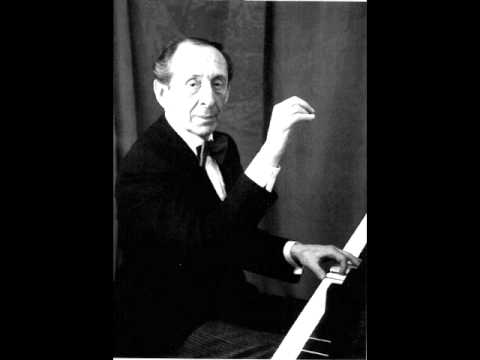Lizst’s “Vallée d’Obermann” is my favorite piece of music ever written. I fell in love with it as a child, but resonated more with it as I got older and experienced the challenges of life. Before I knew anything about the piece, what I loved most about it, was that it didn’t seem like a form of escapism. It didn’t allow me to forget about life, in fact, it reminded me of life in a strange way. It sounded to me like wondering, worrying, and a search for something that may never come. Dissonances being as important as perfect harmony; one informing the other. Liszt’s composition made me feel understood at a time when I felt that there wasn’t anyone that could understand my struggle. As pessimistic as that may seem, it was my truth.
Later on in life, I started to read a novel by Étienne Pivert de Senancour entitled “Obermann”. I wondered if it was the same “Obermann” from the Liszt piece. So I did a little research and to my surprise it was! Liszt had modeled his piece after the story of Obermann, a man looking inside himself constantly wanting to overcome hopelessness in order to find a purpose. Unfortunately, he never finds it. Reading this novel shook me to my core. It was about the exact same feelings I had listening to Liszt’s interpretation well before I knew anything about the piece or the novel. As soon as I could, I found a recording of Horowitz playing “Vallée d’Obermann” and listened to it over and over for hours with tears flowing down my face. After my pity party, I had a moment of realization. “This is my purpose.” I said to myself. The fact that Liszt turned this man’s struggle into music that I would hear over a hundred years later and empathize with it, lets me know how powerful music is. I had no doubt in my mind after that moment that my purpose was music. Music helps us heal. Music helps us learn. And sometimes music teaches us that life isn’t always about finding something; searching for it is just as important.



0 Comments